PsychoGenics CEO explores CNS drug development trends
February 4, 2023 · By Brian Buntz · Drug Discovery & Development
In the late 2000s, many companies, particularly Big Pharma, exited the field of central nervous system (CNS) drug development and, particularly psychiatry. “Big Pharma exited the space because they were facing their patent cliff at the time and had to make some critical decisions about where to invest their resources,” said Emer Leahy, CEO of the contract research organization PsychoGenics. “Oncology won out over CNS,” she added.
In a recent interview, Leahy opened up on the current renaissance in CNS drug development, including the role of AI while also touching on the impact of the Inflation Reduction Act on the field.

Innovation in next-generation medicines for neuropsychiatric disorders continues
Interest in ketamine for mood disorders has been a game-changer for CNS drug development. “Ketamine has shown to be effective in populations where they have been resistant to all therapies to date,” Leahy said. “It’s effective almost immediately or very quickly. It can be administered once a week or once a month.”
Although widely used off-label for conditions like depression and anxiety, ketamine has also benefited from Johnson & Johnson’s commercialization of the stereoisomer esketamine, which won FDA approval in 2019.
The recent success of Compass Pathways in using psilocybin as an antidepressant has also helped lead to a resurgence of interest in this area. “Companies are now researching second- and third-generation psychedelics, including compounds that have similar therapeutic qualities but without the dissociative or hallucinogenic effects,” Leahy said.
Some companies will decrease the number of drugs in their pipeline
After the Inflation Reduction Act was passed, a number of companies such as Alnylam Pharmaceuticals already have pared back their pipelines. “We are likely to see this trend continue in 2023 as companies make crucial decisions about where to put their resources,” Leahy said.
COVID also changed how we do drug development. In particular, it accelerated adoption of decentralized clinical trials. We are going to see a lot more of that.
AI poised to fuel more progress in CNS drug development
“AI is enormously important,” Leahy said. The technology has promise in streamlining everything from drug discovery to clinical trials.
While Leahy acknowledged the hype around AI, she notes that PsychoGenics’ platform has been clinically validated.
Leahy points to the discovery of ulotaront as a case in point. “The Phase 2 results for ulotaront were very positive for positive and negative symptoms of schizophrenia,” she said. “It had placebo-like side effects, and it improved some features that placebo did not, including anxiety, in a couple of cases. “
Based on an analysis of the Phase 2 clinical trial, Sunovion with their partner Otsuka, has decided to investigate ulotaront for major depressive disorder and generalized anxiety disorder. The Phase 2/3 depression has already started.
More inspiration from psychedelics to create novel compounds
PsychoGenics is also finding inspiration from psychedelics to develop new compounds. “Our platform analyzes the behavior of mice with novel compounds to compare their behavioral responses with reference compounds and psychedelics (such as ketamine, psilocybin and MDMA) in our database,” Leahy said. “The platform screens those novel compounds and compares their profiles to individual drugs in the database.”
PsychoGenics has used the platform to identify compounds that resemble classic psychedelic compounds such as psilocybin, but that don’t target 5-HT2A as a mechanism. “They do not cause the induction of head shakes in mice, which is suggestive of a dissociative effect,” Leahy said.
While more research is needed, it’s “promising to see compounds having these profound antidepressant behavioral profiles that resemble what you see with something like psilocybin and without some of the side effects,” Leahy said. “We’re pretty excited about where that research is headed.”
PsychoGenics’ researchers get excited when novel compounds show therapeutic signatures, as it increases their confidence in potentially starting a new discovery program. “Our focus is currently on understanding the chemistry behind positive behavioral responses and how it leads to novel therapeutic outcomes,” Leahy said. “We aim to explore untapped areas of chemistry space to inform our therapeutic decisions.”


